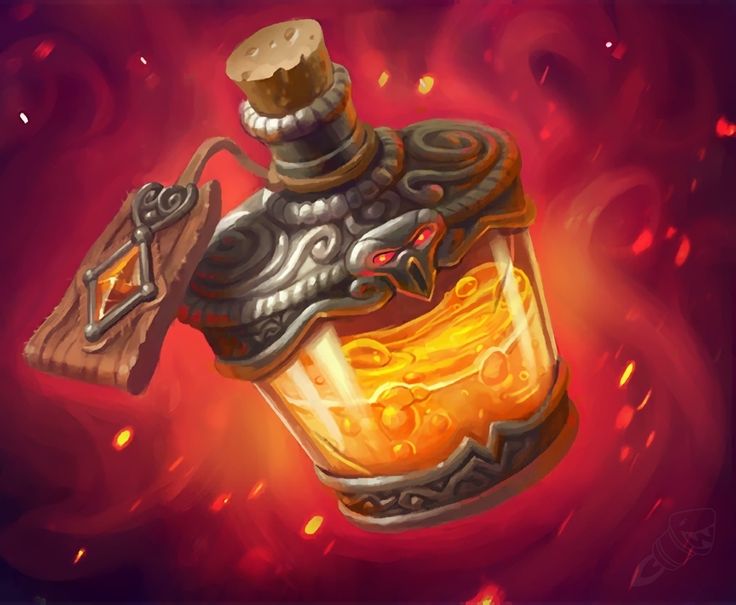Difference between revisions of "Firewater (spell)"
Tao alexis (talk | contribs) |
Tao alexis (talk | contribs) |
||
| Line 8: | Line 8: | ||
| area of effect = 8 fl.oz. per level | | area of effect = 8 fl.oz. per level | ||
| casting time = 1 round | | casting time = 1 round | ||
| − | | save = none | + | | save = none |
| level = [[Mage 1st Level Spells|mage (1st)]] | | level = [[Mage 1st Level Spells|mage (1st)]] | ||
}} | }} | ||
Revision as of 18:23, 29 November 2021
Firewater transforms ordinary water into a volatile, flammable liquid similar to pure alcohol. If exposed to fire, or even a spark, the result will burst into flames and burn intensely.
| Range | 10 ft. |
| Duration | 10 rounds per level; see text |
| Area of Effect | 8 fl.oz. per level |
| Casting Time | 1 round |
| Saving Throw | none |
| Level | mage (1st) |
The water may be metamorphosed into firewater while enclosed in a glass or ceramic container; 8 fl.oz. equals the size of a traditional ceramic flask. If corked tightly, it will remain volatile for 10 rounds per level — but once the firewater is exposed to the air, it will boil away within two rounds. Thus, once uncorked, it must be used immediately; typically by stuffing it with a wick, lighting the wick and hurling the vessel like a bomb. If the spell's effect runs out before the firewater is used, it will simply revert to water.
Used to Cause Damage
As a grenade, the thrower must hit armour class 10 to succeed in hitting the targeted combat hex; a miss will indicate the bomb has landed in 1 of 6 adjacent hexes surrounding the target hex (rolled randomly). The damage caused will be 2-12 to the target and 1-6 to those behind and adjacent to the target. If the thrower fumbles the bomb, it will fall at the thrower's feet, like any dropped weapon, causing the same damage it would have caused to the target.
If the vessel is thrown into a fire, within 1-2 rounds it will explode and cause 1-6 damage to everyone within 2 hexes of the fire. If a creature is soaked in firewater, which is somehow lit within that same round, the creature will suffer 3-18 damage; though there will be no splash effect.
In all these cases, the vessel need not roll to break, like a flask of oil would.
As the liquid evaporates so quickly, if it is made to flow out on a surface, in order to set a structure afire, it must be lit very quickly. Firewater can be directed into a pipe and directed downwards, so that it shoots out like a flame; one flask will last long enough to hit two targets by this method, without a roll to hit, causing 2-8 damage to each.
Firewater isn't effective if poured atop a volume of water; the substance thins out too quickly and becomes useless when used this way.
